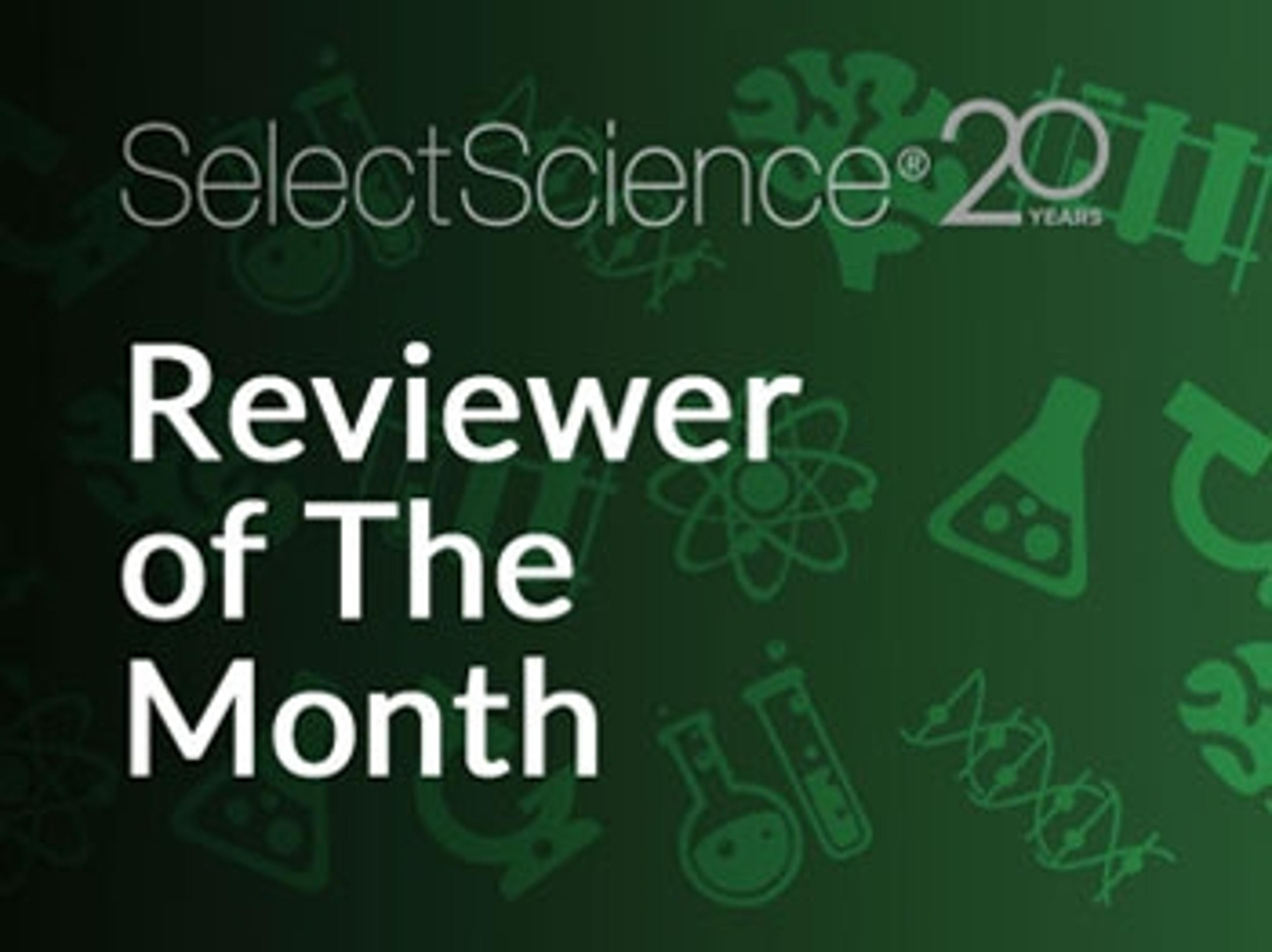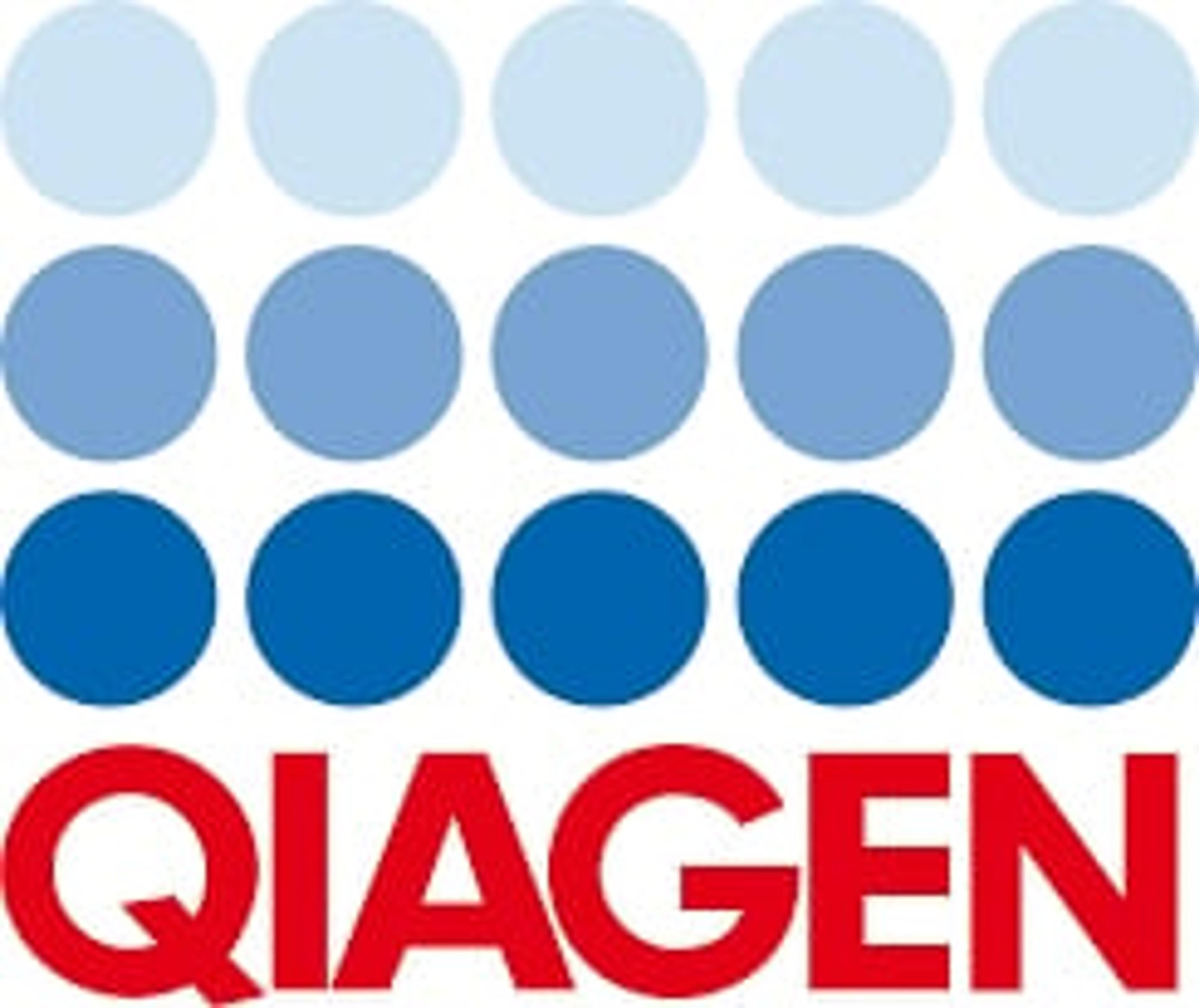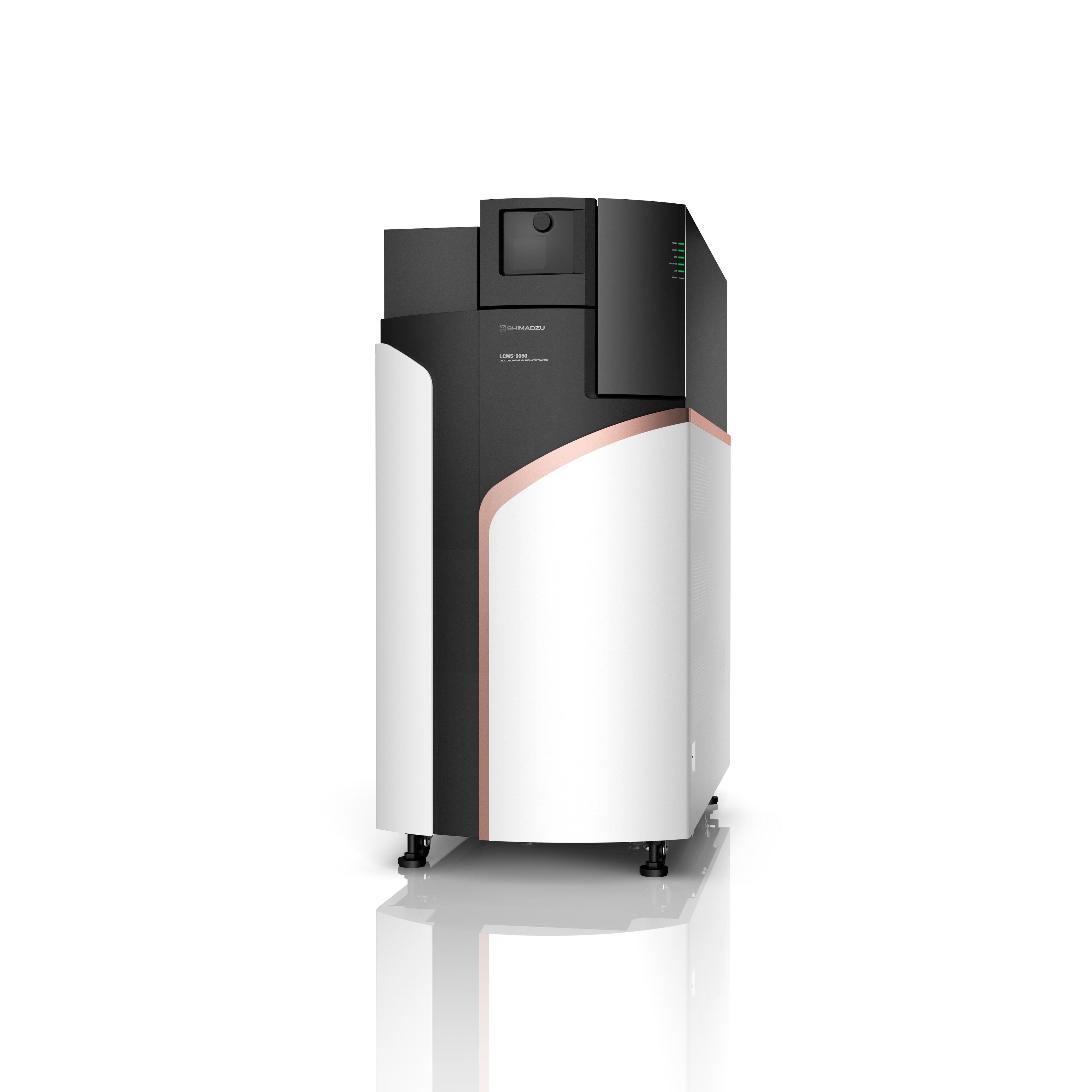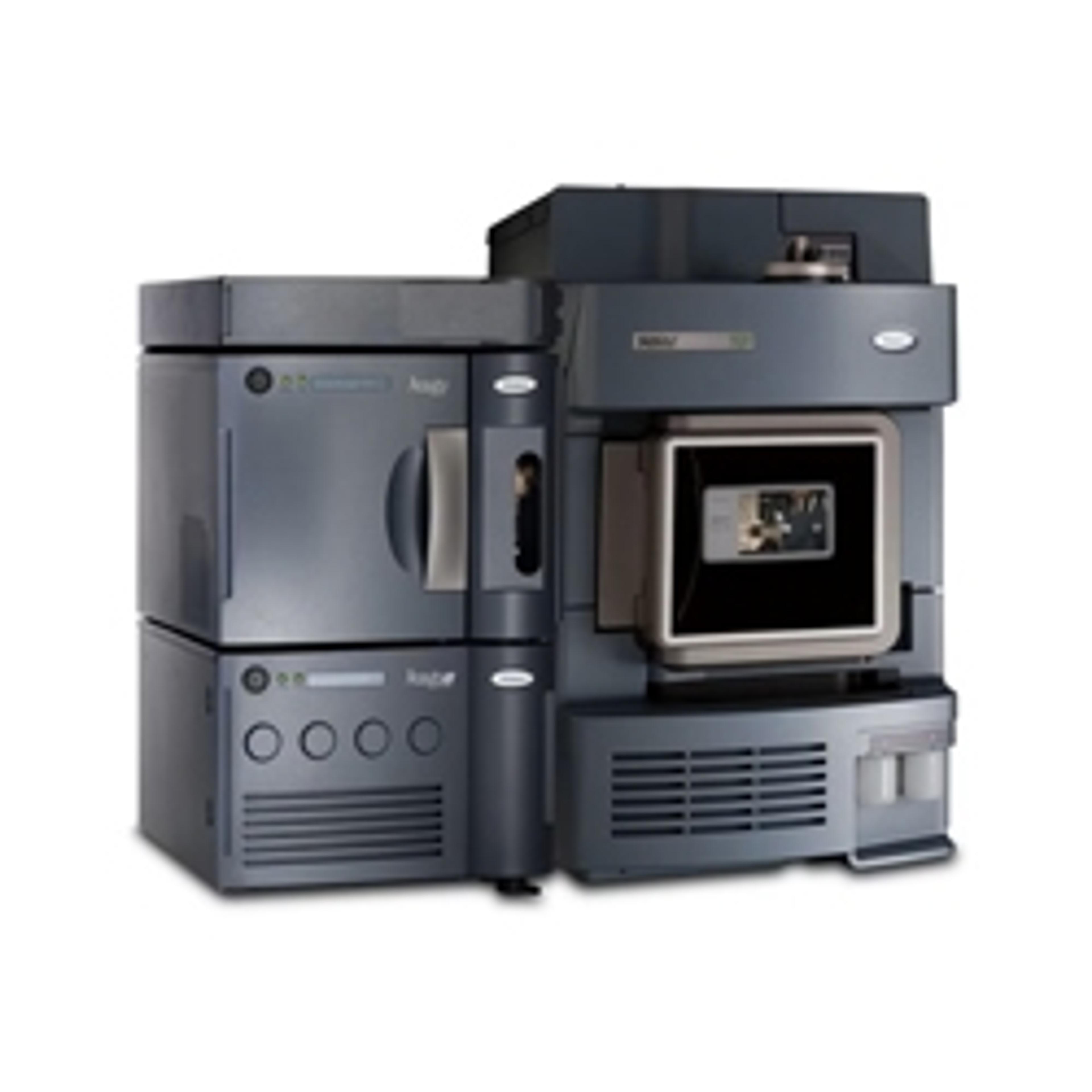Search results for "ffpe challenges"
Selected Filters:
DX Group Derby Hospital Case Study
Starting Your Own Lab: Expert Advice
Christoph Roesli, scientist and reviewer of the month, describes his fascinating journey through science, and gives his top tips on selecting equipment when establishing a new research group
Characterizing lipid nanoparticles for drug delivery: Latest advancements and expert opinion
A panel of experts share their insights into the development of lipid nanoparticles for drug delivery and reveal the analytical solutions designed to help labs advance further in this field.
QIAGEN Launches Clinical Bioinformatics Platform for Next-Generation Sequencing
QIAGEN Clinical Insight® bioinformatics offering allows clinical labs to interpret and report genomic variants will be demonstrated at upcoming ClinGen, ASCO and ESHG meetings
Analysis of Microplastics Using FTIR and Raman-Microscopy
Fast, Accurate Analysis of Toxicological Substances in Whole Blood
Determination of Imidacloprid Residues in Bee Pollen Using Xevo TQ-S
Optimized extraction and enrichment of cannabis compounds via CO<sub>2</sub>
Optimized-extraction-of-cannabis-compounds-via-CO2-videoID4782.txt
Miniature VHS Solenoid Valves Play Significant Role in the Viability of 3D Bio-Printing of Human Cells
Miniature VHS Solenoid Valves Play Significant Role in the Viability of 3D Bio-Printing of Human Cells
A Homogenous Bioluminescent System for Measuring GTPase, GAP and GEF Activities
A Homogenous Bioluminescent System for Measuring GTPase, GAP and GEF Activities
Using Laser Diffraction to Support Early Stage Product Development
The Science of ‘Sportomics’: Portuguese Version
LCMS-9050
Shimadzu CorporationThe LCMS-9050 is a Q-TOF mass spectrometer designed for the most reliable and easy acquisition of accurate masses in real laboratory settings. The proprietary innovation for fast polarity switching has the unique capability for high-confidence identification of challenging compounds and high-throughput screening of multiple unknowns.
MassTrak ACQUITY UPLC I-Class PLUS/Xevo TQD IVD System
WatersPerform routine multi-analyte analysis in your clinical diagnostics lab with the MassTrak ACQUITY UPLC I-Class PLUS/Xevo TQD IVD System.










